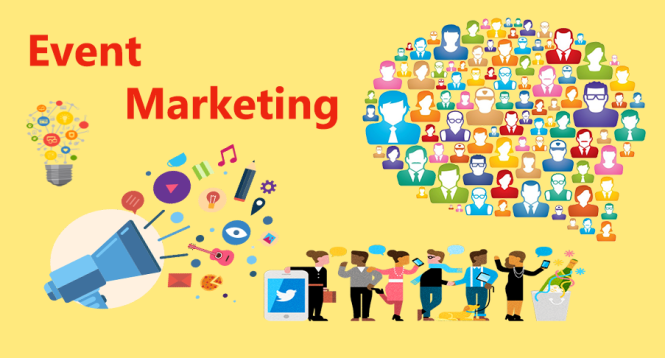
Marketing is one of the most important elements of event planning. You could have the most captivating speakers, a stunning venue, and exceptional catering—but none of it will matter if people don’t know about it. Whether you’re organizing a corporate seminar, music concert, charity fundraiser, or product launch, your marketing strategy will determine your event’s turnout and success.
In this post, we’ll share powerful event marketing strategies to help you attract more attendees, boost ticket sales, and build buzz around your event.
1. Define Your Target Audience
Before launching any marketing campaign, clearly define who your ideal attendees are. Consider their:
- Age, location, and interests
- Professional or industry background
- Online behavior and preferred content types
Knowing your target audience allows you to craft tailored messaging and choose the right channels for your promotions. The more specific you are, the more effective your event marketing will be.
2. Use Social Media to Build Buzz
Social media platforms are essential for promoting events and driving engagement. Here’s how to maximize your reach:
- Create event pages on Facebook and LinkedIn
- Post regularly on Instagram, Twitter (X), and TikTok
- Use event-specific hashtags
- Tag sponsors, partners, and speakers
- Share teasers, behind-the-scenes content, and countdowns
Encourage user-generated content and create polls or questions to build interaction. Don’t forget to use paid social media ads to target custom audiences based on demographics, interests, or behaviors.
3. Leverage Email Marketing
Email remains one of the most cost-effective and high-converting event promotion channels. Build or segment your email list and send out:
- Personalized invitations
- Early bird ticket offers
- Speaker announcements
- Reminders leading up to the event
Use compelling subject lines, a clear call-to-action (CTA), and mobile-friendly designs to boost open and click-through rates.
4. Partner with Influencers and Brand Ambassadors
Influencer marketing is a proven way to tap into pre-built audiences who trust the influencer’s recommendations. Look for influencers or micro-influencers whose followers match your target demographic.
Types of influencer collaborations:
- Social media shoutouts
- Blog reviews
- Giveaways or contest promotions
- Guest appearances at your event
Influencer marketing can dramatically increase awareness and credibility around your event.
5. Create Engaging, Shareable Content
Content is king in event marketing. Create and share content that provides value and builds anticipation:
- Blog posts or interviews with speakers
- Promo or teaser videos
- Infographics with event highlights
- Testimonials or case studies from past events
- Countdown posts or behind-the-scenes sneak peeks
Optimize your content for SEO by using relevant event-related keywords, and be sure to share it across multiple platforms.
6. Offer Early-Bird Discounts and Incentives
Encourage early ticket sales by offering limited-time early-bird pricing, group discounts, or exclusive perks (like VIP access or merchandise). These offers:
- Generate revenue in advance
- Create urgency with countdown timers
- Build excitement around limited availability
Promote your early-bird deals via email, social media, and on your event landing page.
7. Track Performance and Optimize Your Strategy
No marketing campaign is complete without tracking performance. Use tools like:
- Meta Pixel or Google Analytics to measure conversions
- Email platform analytics for open and click rates
- Social media insights to track engagement and reach
Review your data weekly and adjust your strategy as needed. If a specific channel isn’t working, shift resources to where you’re seeing better ROI.
Final Thoughts
Effective event marketing requires a thoughtful, multi-channel approach. By identifying your audience, utilizing social media, crafting personalized email campaigns, collaborating with influencers, and offering valuable content and incentives, you’ll increase attendance and build lasting excitement around your event.
Remember, a well-marketed event isn’t just about filling seats—it’s about creating an experience that resonates before, during, and after the event.
Start promoting early, stay consistent, and always track your results. Good luck with your next event!
As always if you are looking for a great event to attend you can purchase tickets HERE.
Other Articles








